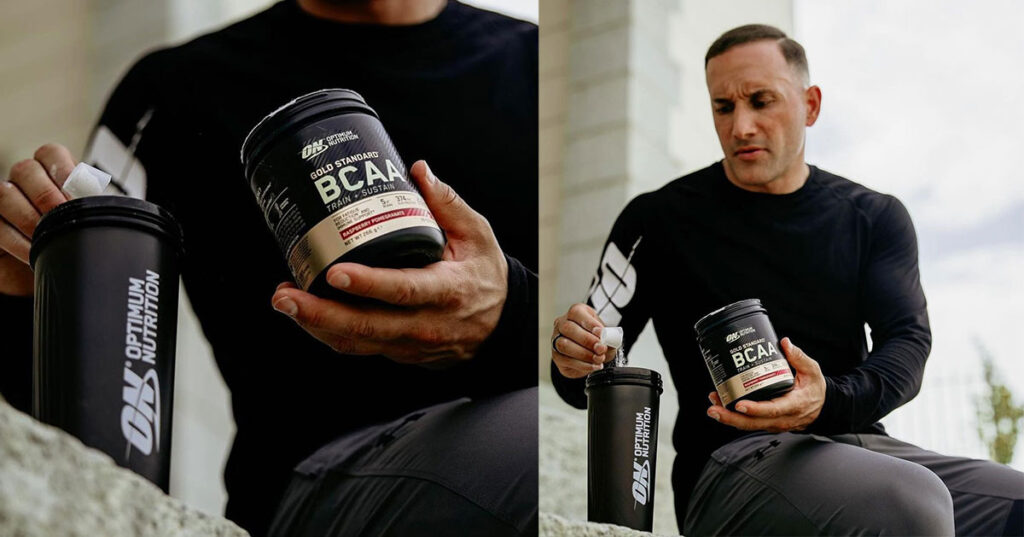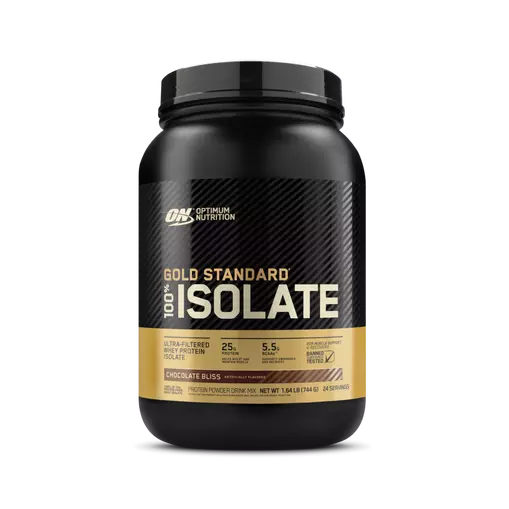“In the realm of athletic performance, supplements can serve as valuable tools when grounded in scientific research and used judiciously. Whey protein, creatine monohydrate, omega-3 fatty acids, vitamin D, BCAAs, beta-alanine, iron, and caffeine represent a comprehensive array of supplements that cater to different aspects of an athlete’s needs. Discover the Essential Supplements for Athletes“
Share Post:

In the pursuit of peak athletic performance, athletes often explore various avenues to enhance their abilities. Beyond rigorous training and a disciplined diet, supplements play a crucial role in supporting an athlete’s physiological demands. In this, we will delve into a comprehensive guide on the essential supplements for athletes. These supplements, backed by scientific research, aim to optimize performance, aid recovery, and promote overall well-being.
1. Whey Protein: The Foundation of Muscle Recovery.
Whey protein stands as the cornerstone supplement for athletes, particularly those engaged in strength and endurance training. Derived from milk, whey is a complete protein containing all essential amino acids. Numerous studies highlight its effectiveness in promoting muscle protein synthesis, aiding in muscle repair, and enhancing recovery after strenuous exercise.
Science Behind It:
- Whey protein is rich in leucine, a branched-chain amino acid crucial for muscle protein synthesis.
- Studies show that whey supplementation can lead to greater gains in lean body mass and strength compared to other protein sources.
2.Creatine Monohydrate: Fueling Explosive Power.
Creatine monohydrate is one of the most researched and scientifically supported supplements for athletes seeking to boost power and strength. It is a naturally occurring compound found in small amounts in certain foods and synthesized in the body. Creatine supplementation is known for improving high-intensity, short-duration activities, making it particularly beneficial for sprinters, weightlifters, and athletes engaged in explosive sports.
Science Behind It:
- Creatine enhances the availability of ATP, the primary energy currency of cells, leading to improved performance in short bursts of high-intensity activity.
- Research indicates that creatine supplementation can increase muscle mass, strength, and overall power.

3. Omega-3 Fatty Acids: Anti-Inflammatory Support.
Omega-3 fatty acids, notably found in fish oil, serve as potent anti-inflammatory agents. Inflammation is a natural response to exercise, but excessive or prolonged inflammation can impede recovery and increase the risk of injury. Omega-3 supplementation can help modulate inflammation, support joint health, and contribute to cardiovascular well-being.
Science Behind It:
- Omega-3 fatty acids, especially EPA and DHA, play a role in reducing inflammatory markers.
- Studies suggest that omega-3 supplementation may alleviate muscle soreness and enhance exercise recovery.
4. Vitamin D: The Sunshine Vitamin for Performance.
Vitamin D is crucial for bone health, immune function, and overall well-being. Athletes, especially those training indoors or in regions with limited sunlight, are at risk of vitamin D deficiency. Research indicates that adequate vitamin D levels are essential for optimal muscle function, immune support, and injury prevention.
Science Behind It:
- Vitamin D receptors are present in muscle tissue, and its deficiency has been associated with muscle weakness and an increased risk of fractures.
- Studies suggest that maintaining optimal vitamin D levels may contribute to enhanced athletic performance.

5. Branched-Chain Amino Acids (BCAAs): Muscle Preservation and Recovery.
BCAAs, including leucine, isoleucine, and valine, are essential amino acids that the body cannot produce on its own. They play a crucial role in muscle protein synthesis and serve as a source of energy during prolonged exercise. BCAA supplementation is valued for its potential to preserve muscle mass, reduce muscle soreness, and support endurance athletes.
Science Behind It:
- BCAAs, particularly leucine, stimulate muscle protein synthesis, aiding in the repair and growth of muscle tissue.
- Studies suggest that BCAA supplementation may reduce muscle soreness and fatigue during and after exercise.
6. Beta-Alanine: Buffering Muscular Fatigue.
Beta-alanine is an amino acid that combines with histidine to form carnosine, a compound known for buffering the acidic environment that contributes to muscle fatigue during high-intensity exercise. Athletes engaged in activities requiring sustained efforts, such as long-distance running or cycling, may benefit from beta-alanine supplementation.
Science Behind It:
- Carnosine acts as a buffer against the build-up of lactic acid, delaying the onset of muscle fatigue.
- Research indicates that beta-alanine supplementation can improve exercise performance, particularly in activities lasting one to four minutes.
7. Iron: Oxygen Transport and Energy Metabolism.
Iron is a vital mineral for athletes involved in endurance sports as it plays a central role in oxygen transport and energy metabolism. Iron deficiency can lead to fatigue, decreased endurance, and impaired performance. Athletes, especially female athletes, are at a higher risk of iron deficiency due to increased iron demands.
Science Behind It:
- Iron is a component of hemoglobin, the protein in red blood cells responsible for transporting oxygen to tissues.
- Studies show that iron supplementation can improve exercise performance in individuals with iron deficiency or low ferritin levels.
8. Caffeine: Enhancing Endurance and Focus.
Caffeine, commonly found in coffee, tea, and certain supplements, is a well-known ergogenic aid that can enhance endurance and mental focus. Athletes often use caffeine strategically to delay fatigue, improve alertness, and optimize performance.
Science Behind It:
- Caffeine acts as an adenosine receptor antagonist, reducing the perception of effort and increasing alertness.
- Research suggests that caffeine supplementation can improve endurance performance and reaction time.
Conclusion.
In the realm of athletic performance, supplements can serve as valuable tools when grounded in scientific research and used judiciously. Whey protein, creatine monohydrate, omega-3 fatty acids, vitamin D, BCAAs, beta-alanine, iron, and caffeine represent a comprehensive array of supplements that cater to different aspects of an athlete’s needs.
However, it’s crucial to emphasize that individual responses to supplementation may vary, and consulting with a healthcare professional or sports nutritionist is advisable before introducing new supplements into a regimen.
Ultimately, a holistic approach that integrates proper nutrition, training, and supplementation can pave the way for athletes to unlock their full potential and achieve peak performance in their respective disciplines.

GOLD STANDARD 100% ISOLATE
- High Quality Hydrolyzed & Ultra-Filtered Whey Protein Isolate
- 25 Grams of Protein Per Serving
- 5.5 Grams of Naturally Occurring BCAAs per Serving
- 1 Gram of Carbohydrates Per Serving
Use the code Steven15 to get a special price.
Visit Steven’s Optimization Store to get essential supplements for athletes to help you achieve your health and fitness goals.



